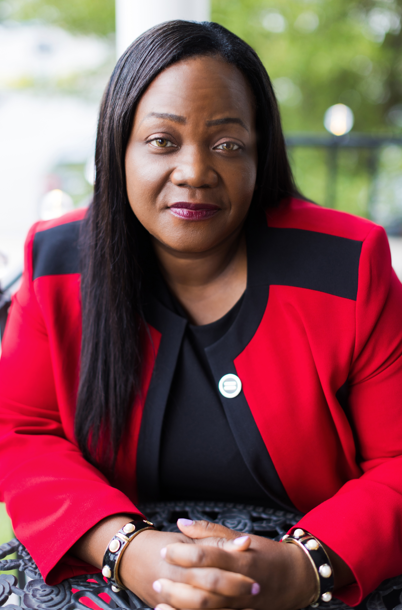The Power 100: Interview with Dr. Seanelle Hawkins

President and CEO, Urban League of Rochester (Rochester, NY)
Years in current role: 6
What was the most significant challenge your organization faced in 2024, and how did you address it?
The Urban League of Rochester faced the challenge of meeting growing community needs while maintaining service excellence. We conducted a strategic evaluation of our strengths and those of our partners to ensure every service was delivered at the highest level. By shifting certain programs to organizations better equipped to provide them, we strengthened the overall support system while focusing on what we do best. This decision allowed us to enhance impact and prioritize community needs. In the end, it reinforced our belief that our work is about impact, not just effort.
What trends or innovations in your industry do you anticipate having the biggest impact in 2025?
ULR anticipates significant shifts in Diversity, Equity, and Inclusion (DEI), with many of the strides made in recent years facing challenges and reversals. Despite these setbacks, ULR remains committed to centering equity in all aspects of our work. We recognize that true progress requires sustained effort. ULR will continue to advocate for inclusive policies, equitable opportunities, and systemic change. Rochester has made meaningful advancements in DEI, and we are proud to help this community serve as a model for others.
What role do you see Rochester playing in your organization’s growth over the next few years?
As we celebrate 60 years of impact, we recognize that our success has been built through strong partnerships with business and nonprofit leaders. In the years ahead, we will deepen these collaborations, amplifying our collective efforts to drive meaningful change. Our strategic vision for Rochester is one of unity — bridging divides, fostering collaboration, and expanding access to opportunity for all. By leading with innovation and inclusivity, the Urban League of Rochester will play a key role in positioning the city as a model of progress, ensuring its legacy of equity and empowerment.
To read the full interview, click here.

